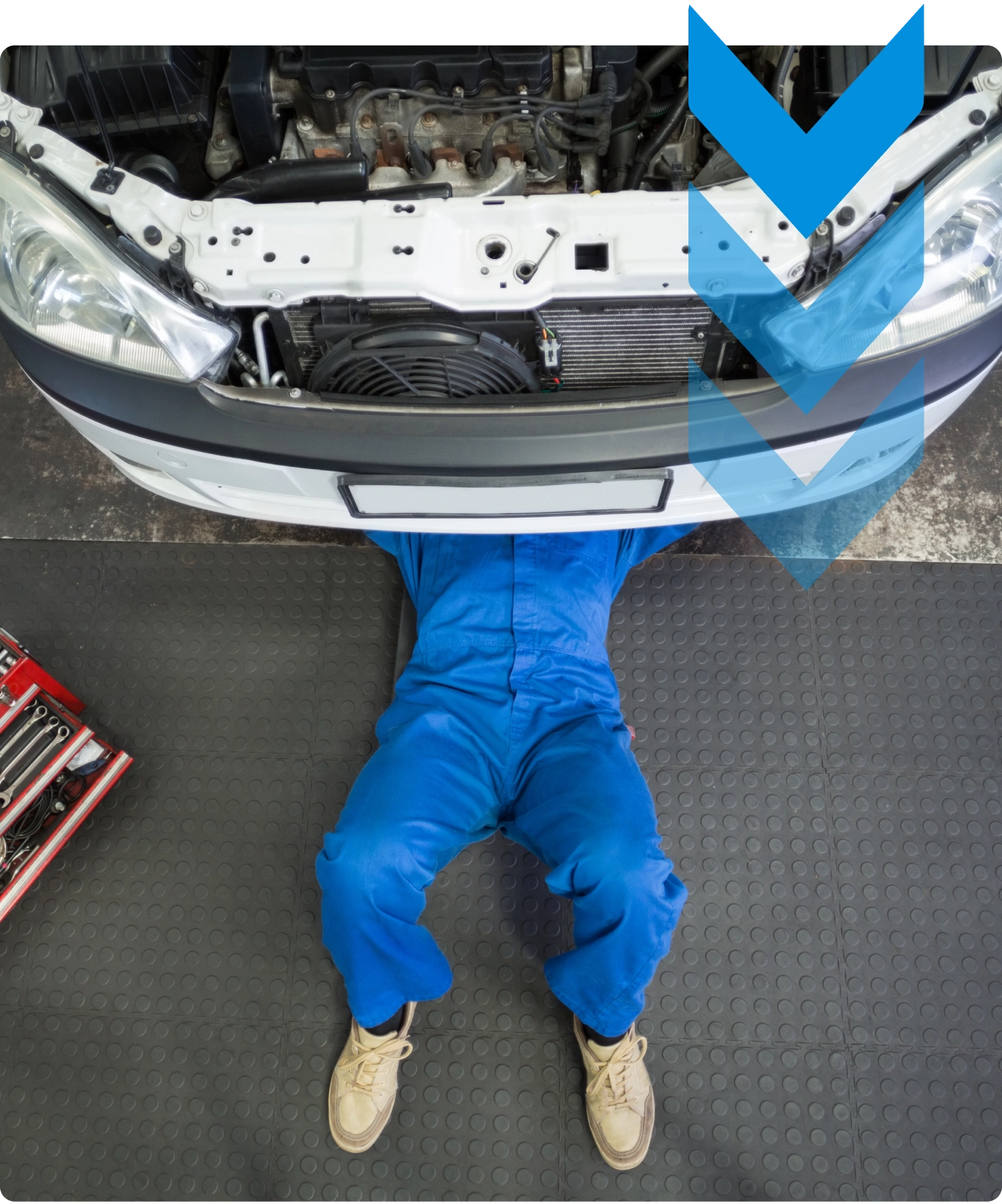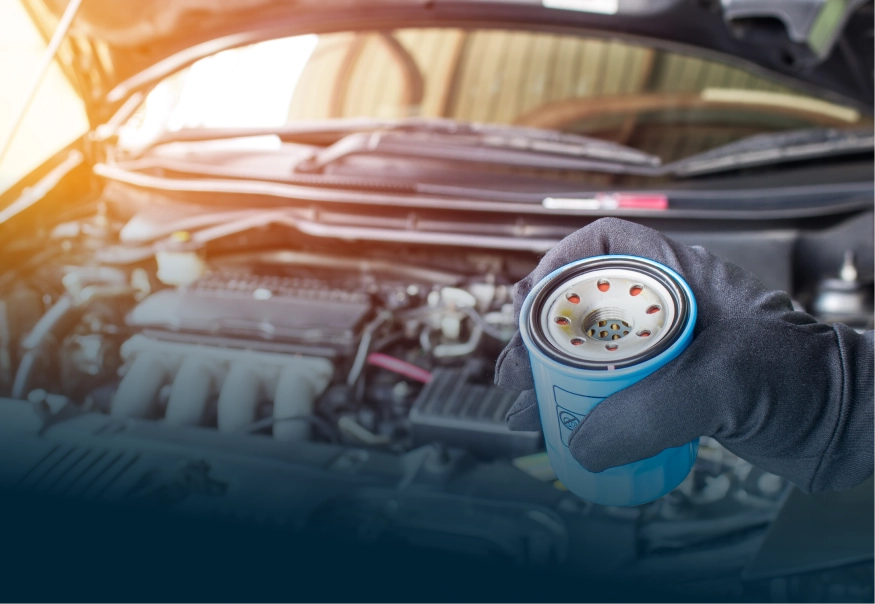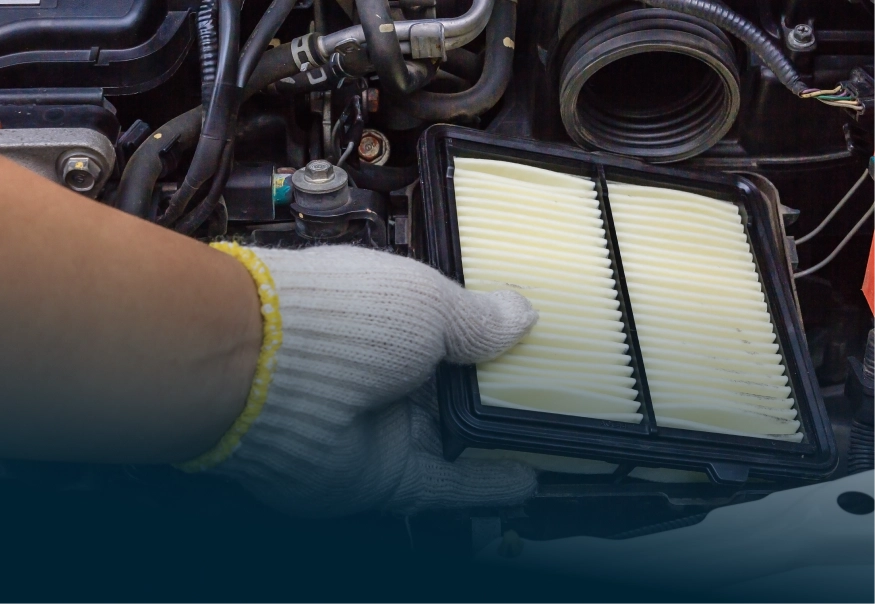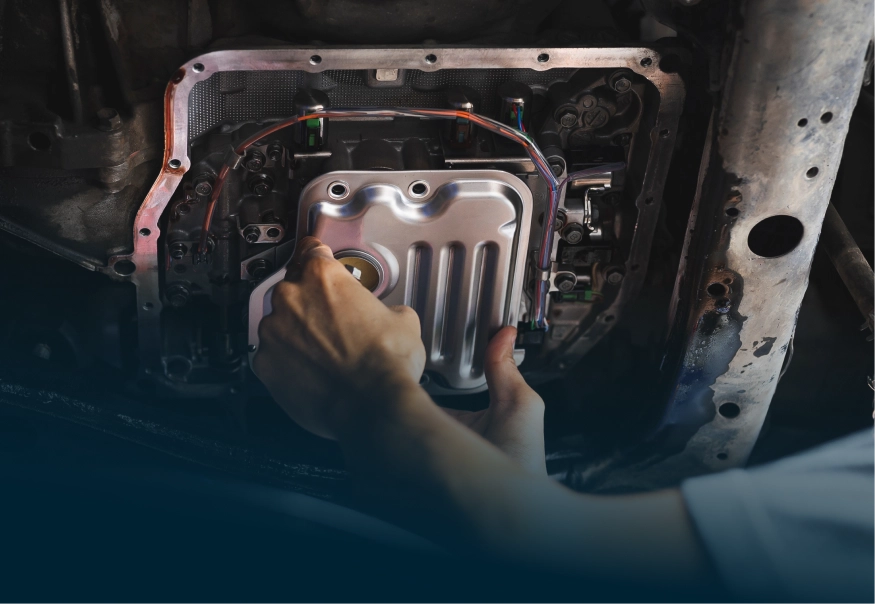Servicing
Choosing the right
servicing option
for your vehicle
We offer a range of comprehensive vehicle servicing options for your car, van or motorbike.
These include an interim service for regular maintenance, a full service for a comprehensive inspection and maintenance, and a major service that covers extensive checks and repairs.
Our Pricing
Interim Service – 6 month vehicle service
£XX
Full Service – 12 month vehicle service
£XX
Major Service – 24 month vehicle service
£XX
Book your Servicing
*Required

About Servicing
Why you should have your vehicle serviced
A car service is when you take your car to a garage for a routine check up. A mechanic will look at your car’s condition and check parts for wear and tear, like brakes, oil, filters and engine belt.
It’s common for the garage to replace your oil filter as part of the service. They may recommend that you replace other car parts too. That way, getting your car serviced can help you spot any issues and fix them before they cause a breakdown.
Regular servicing also helps to prolong the life of your car. A complete service history can even help with the resale value of your car as it shows that it’s been well looked after.
Our servicing options
What servicing option should I choose?

Interim Service
6 MONTH VEHICLE SERVICE
This 6 month, 49 point service is designed for the high mileage car user, or where the manufacturer recommends more frequent checks between annual services.
This service includes an oil and filter change, top ups of essential fluids, as well as brake, steering and suspension checks (by removing the wheels).

Full Service
12 MONTHS
This is a comprehensive annual service for trouble free motoring. It exceeds most manufacturers’ service schedules, and includes 76 checks and adjustments including an air filter change, a top up of brake fluid, power steering fluid and coolant. High quality parts are used and we check and record wear and tear items using a colour code reporting system, to give you peace of mind.

Major Service
24 MONTHS
This is a comprehensive annual service for trouble free motoring. It exceeds most manufacturers’ service schedules, and includes 76 checks and adjustments including an air filter change, a top up of brake fluid, power steering fluid and coolant. High quality parts are used and we check and record wear and tear items using a colour code reporting system, to give you peace of mind.
FAQS
Most common Servicing questions we are asked
How often should I change my oil?
The frequency of oil changes can vary depending on factors such as the type of oil used, the age and make of your vehicle, your driving habits, and the manufacturer’s recommendations. However, a general guideline for oil change intervals is every 5,000 to 7,500 miles or every 6 to 12 months, whichever comes first.
It’s important to refer to your vehicle’s owner’s manual for the manufacturer’s specific recommendations regarding oil change intervals. Some newer vehicles and synthetic oils may allow for longer intervals between oil changes, often around 7,500 to 10,000 miles. However, if you frequently drive in severe conditions, such as stop-and-go traffic, dusty environments, or extreme temperatures, more frequent oil changes may be necessary.
Regular oil changes are essential for maintaining engine health and optimal performance. Fresh oil helps lubricate engine components, reduce friction, and remove impurities and sludge that can accumulate over time. It also helps dissipate heat and protects against engine wear.
Keep in mind that oil change intervals can vary, so consulting with a trusted mechanic or following the manufacturer’s recommendations is crucial. They can assess your specific vehicle and driving conditions to provide you with the most appropriate oil change schedule for your needs.
How often should I replace my air filter?
The frequency of air filter replacements depends on various factors, including driving conditions, the environment in which you drive, and the type of air filter installed in your vehicle. As a general guideline, it is recommended to replace your air filter every 12,000 to 15,000 miles or once a year, whichever comes first.
However, in certain driving conditions where there is a higher presence of dust, pollen, or debris, you may need to replace the air filter more frequently. Similarly, if you frequently drive on unpaved roads or in areas with poor air quality, the air filter may get clogged faster and require more frequent replacements.
Regularly inspecting your air filter is a good practice. If you notice excessive dirt, debris, or damage, it may be necessary to replace the air filter even before reaching the recommended mileage or time interval.
A clean and properly functioning air filter is important for maintaining good engine performance, fuel efficiency, and air quality inside the vehicle. It helps prevent contaminants from entering the engine and ensures an optimal air-fuel mixture for combustion.
Refer to your vehicle’s owner’s manual for specific recommendations regarding air filter replacement intervals, as manufacturers may have different guidelines. Consulting with a trusted mechanic or service provider can also provide you with personalized advice based on your driving conditions and the specific requirements of your vehicle.
How often should I replace my spark plugs?
The recommended interval for spark plug replacement can vary depending on factors such as the type of spark plugs used, the make and model of your vehicle, and the driving conditions. As a general guideline, it is recommended to replace spark plugs every 30,000 to 100,000 miles or as specified by the vehicle manufacturer.
However, it’s important to consult your vehicle’s owner’s manual for the manufacturer’s specific recommendations regarding spark plug replacement intervals. Some modern vehicles may come equipped with long-life or iridium spark plugs that can last up to 100,000 miles or more.
Keep in mind that spark plug performance can degrade over time, affecting engine performance, fuel efficiency, and ignition reliability. If you notice symptoms such as rough idling, misfires, decreased fuel efficiency, or difficulty starting the engine, it may indicate a need for spark plug replacement.
Additionally, factors like driving conditions, such as frequent short trips or stop-and-go traffic, can lead to faster spark plug wear and necessitate more frequent replacements.
Regular maintenance and inspection are crucial to ensure your vehicle’s spark plugs are in good condition. Consulting with a trusted mechanic or following the manufacturer’s recommendations will help you determine the most appropriate spark plug replacement schedule for your specific vehicle and driving habits.
